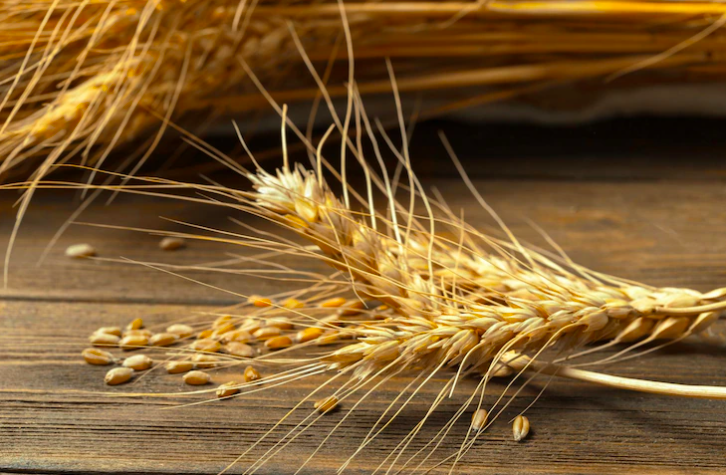Barley is a versatile cereal grain that can be successfully grown in South Africa. Whether you’re a seasoned farmer or a beginner, here are ten important things you should know before embarking on barley cultivation in South Africa:
- Climate and Season: Barley is a cool-season crop and performs best in areas with mild winters and moderate temperatures. In South Africa, barley is typically grown during the autumn and winter seasons when temperatures are cooler and rainfall is more abundant.
- Variety Selection: There are several barley varieties available, each with its unique characteristics, such as grain size, disease resistance, and suitability to specific growing conditions. Popular barley varieties in South Africa include Clipper, Sloop, and Rhapsody. Consider factors such as yield potential, malting qualities (if applicable), and disease resistance when selecting a variety suitable for your area.
- Soil Requirements: Barley prefers well-drained soil with good fertility. Prepare the soil by removing weeds and incorporating organic matter, such as compost or well-rotted manure, to improve its structure and nutrient content. Barley can tolerate a wide range of soil pH levels, but a slightly acidic to neutral pH between 6.0 and 7.5 is ideal.
- Planting and Spacing: Plant barley seeds directly into the prepared soil. The ideal seeding rate can vary depending on the variety and local conditions, but a general guideline is around 80 to 120 kilograms per hectare. Space the seeds evenly with row spacing of about 15 to 20 centimeters, aiming for a final plant density of 300 to 400 plants per square meter.
- Watering: Barley requires adequate moisture for optimal growth and grain development. Monitor soil moisture levels and ensure the crop receives sufficient water, especially during critical growth stages like tillering and grain filling. Aim for about 400 to 500 millimeters of total water during the growing season, including rainfall and irrigation.
- Fertilization: Conduct a soil test to assess nutrient levels and make appropriate amendments. Barley has specific nutrient requirements, particularly nitrogen and phosphorus, for optimal growth and grain production. Apply fertilizer based on soil test recommendations or consult local agricultural extension services for guidelines on nutrient management.
- Weed Control: Weeds can compete with barley for nutrients, light, and water. Implement effective weed control strategies, such as pre-emergence herbicides, mechanical cultivation, or crop rotation, to minimize weed pressure. Regular monitoring and timely weed management are crucial for successful barley production.
- Disease and Pest Management: Barley can be susceptible to various diseases and pests, including rust, powdery mildew, and aphids. Implement integrated pest and disease management practices, such as crop rotation, disease-resistant varieties, timely scouting, and appropriate pesticide applications when necessary. Consult local agricultural experts for specific recommendations.
- Harvesting: Harvesting time for barley is when the crop reaches physiological maturity, which is indicated by the complete drying of the straw and the hardening of the kernels. Use appropriate combine harvester settings to harvest the crop efficiently. Monitor moisture levels and aim for a moisture content of around 12 to 14% for safe storage.
- Storage: Proper storage is essential to maintain grain quality and prevent spoilage. Ensure harvested barley is thoroughly dried to the desired moisture level before storage. Store the grain in clean, well-ventilated bins or silos to prevent moisture buildup and insect infestations.
By considering these ten crucial factors before growing barley in South Africa, you’ll be better prepared to cultivate a successful crop. Stay updated on local research and agronomic practices specific to barley cultivation in your region, and consult with local agricultural experts for tailored advice. With proper care and attention, you can enjoy a successful barley harvest in your South African fields.








